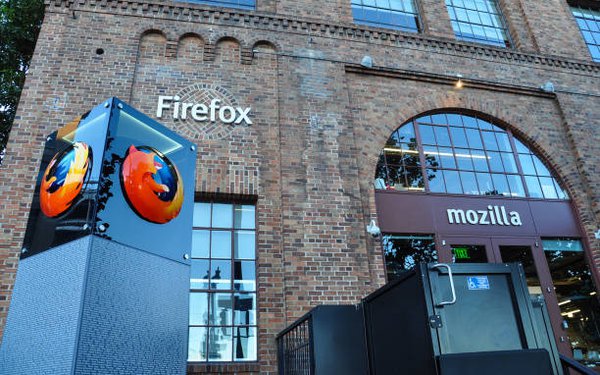Google DOJ Trial: Mozilla President Suggests Some Remedies
- by Laurie Sullivan @lauriesullivan, March 25, 2025
 .
. Competition is key to Mozilla’s vision of the internet, but there are remedies being tossed around by a U.S. court judge based on Google’s monopoly trial that could threaten a free and open internet
Depending on the outcome of the remedy, it could have wide-reaching effects, from the way apps are developed to media buying.
Mozilla and Google have been working closely since the nonprofit maker of Firefox ended a default engine partnership with Yahoo in 2017 that began in 2014. Many U.S. and U.K. users were not satisfied with th.e switch and reverted to Google during those three years.
“The Yahoo experience told us that if we are not able to include Google Search in Firefox it may be more difficult for us to compete,” said Kush Amlani, director and global competition and regulation at Mozilla.
Users either switched back to Google from Yahoo search or left the Firefox web browser altogether, and mistakenly blamed the browser company for not giving them the search experience they wanted.
advertisement
advertisement
As a result, Mozilla has tried to support competition and choice, also working with engines such as Microsoft, DuckDuckGo and others.
“We don’t think keeping a partnership with Google is counter to the goals of increased search competition given Judge Mehta found that independent browsers like Firefox account for just 1.15% of US search queries,” said Mozilla President Mark Surman.
Judge Amit Mehta on August 5, 2024 ruled that Google illegally maintained a monopoly in online search and search text advertising.
An evidentiary hearing is scheduled for all parties to argue what they deem to be an appropriate antitrust remedy in the U.S. District Court for the District of Columbia.
This hearing is expected to last for a couple of weeks, concluding by May 2, 2025.
Companies must submit judgments by August. At that time, U.S. District Court Judge Amit Mehta in Washington, D.C. will announce the remedies for Google’s antitrust monopoly case.
When asked whether Mozilla has a contingency plan if the company deems the remedies are unexpected or unsatisfactory, Surman said Mozilla -- a nonprofit -- has been working to diversify the company’s revenue.
It will continue to focus on several search partnerships, but the company also will build out its advertising network in Firefox. It will demonstrate that companies can serve privacy-focused ads.
Surman also said the company is working on privacy-focused AI services supported by the browser.
“A lot of people wonder why a browser engine matters, the software underneath the browser,” he said. “The browser engine defines what a web developer can do and how the web standards are built out for web developers.Right now, Google defines what web developers can do, and we are the main counterpoint to that by making an independent browser engine inside of Firefox.”
Most browsers are built on Google Chromium, a free and open-source web browser project, including Microsoft Edge, Brave and others.
Take that away from Firefox and you take away competition and choice, Surman said.


